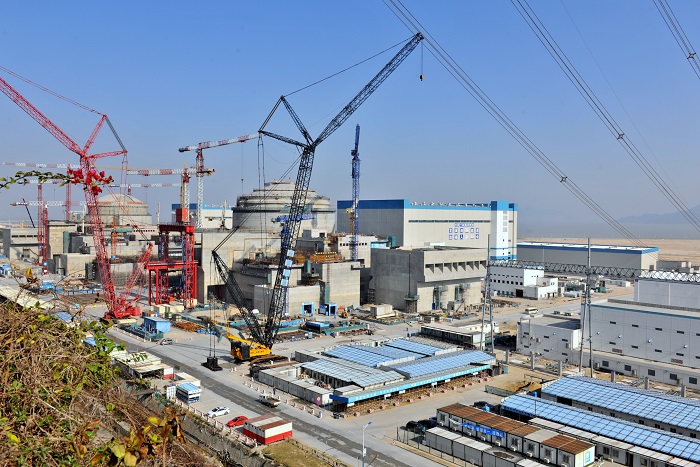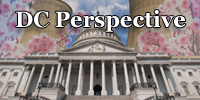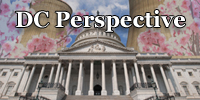Europeans are taking resolute steps to reduce their output of climate-changing gases, but some countries are moving in the wrong direction.
Europeans are taking resolute steps to reduce their output of climate-changing gases, but some countries are moving in the wrong direction.
Many countries are adding solar and wind, which are low-carbon energy sources. Some have moved to biomass, the value of which as a climate cure is not clear. A few are adding reactors, while others are defining nuclear as dirty energy and natural gas as “clean” and are changing their generation mix accordingly.
The electric power transmission grid of the U.S. consists of thousands of miles of lines operated by hundreds of companies.
To do big things, like building the interstate highway system, or going to the moon, government usually has a plan. Electric companies and grid operators, which are responsible for keeping the lights on, always have a plan. But something unusual has happened in the past few months. About four dozen U.S. utilities, plus the federal government and many states, have promised to do something extremely big: to eliminate carbon dioxide emissions, or cut them drastically. But they are not clear on how.













 Rod Adams posted a
Rod Adams posted a  There are many benefits to living in Lynchburg, Virginia. Not only is it a scenically beautiful place with a diverse and growing economy that has continued its steady progress, even during the Great Recession, but it is also a place full of people who appreciate the value of nuclear energy technology.
There are many benefits to living in Lynchburg, Virginia. Not only is it a scenically beautiful place with a diverse and growing economy that has continued its steady progress, even during the Great Recession, but it is also a place full of people who appreciate the value of nuclear energy technology.

